To provide the best experiences, we use technologies like cookies to store and/or access device information. Consenting to these technologies will allow us to process data such as browsing behaviour or unique IDs on this site. Not consenting or withdrawing consent, may adversely affect certain features and functions.
The technical storage or access is strictly necessary for the legitimate purpose of enabling the use of a specific service explicitly requested by the subscriber or user, or for the sole purpose of carrying out the transmission of a communication over an electronic communications network.
The technical storage or access is necessary for the legitimate purpose of storing preferences that are not requested by the subscriber or user.
The technical storage or access that is used exclusively for statistical purposes.
The technical storage or access that is used exclusively for anonymous statistical purposes. Without a subpoena, voluntary compliance on the part of your Internet Service Provider, or additional records from a third party, information stored or retrieved for this purpose alone cannot usually be used to identify you.
The technical storage or access is required to create user profiles to send advertising, or to track the user on a website or across several websites for similar marketing purposes.
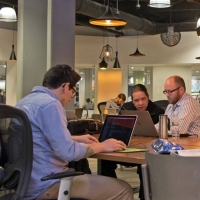 Over four in five (83 percent) HR professionals across the UK say that hybrid working is essential in attracting the best talent, according to a new survey from flexible workspace operator IWG. The poll of 500 UK HR professionals suggests that benefits like hybrid working, which give employees a better work/life balance, are crucial for attracting talent. Almost two thirds (64 percent) of HR professionals have experienced applicants turn down a job because of a lack of wellness benefits such as flexible working and exercise options. (more…)
Over four in five (83 percent) HR professionals across the UK say that hybrid working is essential in attracting the best talent, according to a new survey from flexible workspace operator IWG. The poll of 500 UK HR professionals suggests that benefits like hybrid working, which give employees a better work/life balance, are crucial for attracting talent. Almost two thirds (64 percent) of HR professionals have experienced applicants turn down a job because of a lack of wellness benefits such as flexible working and exercise options. (more…)














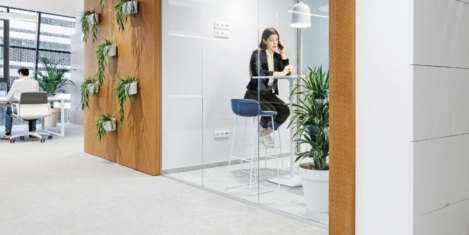
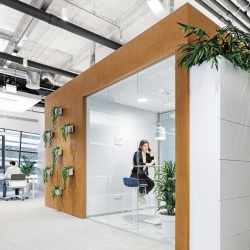


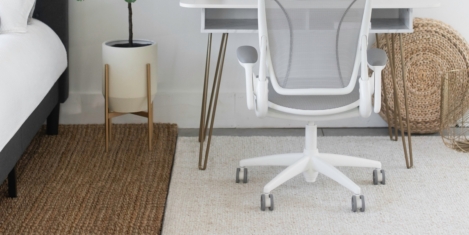
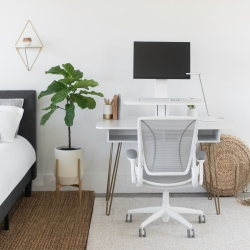


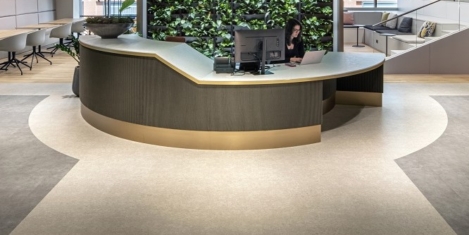
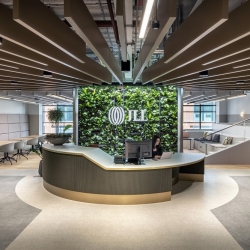
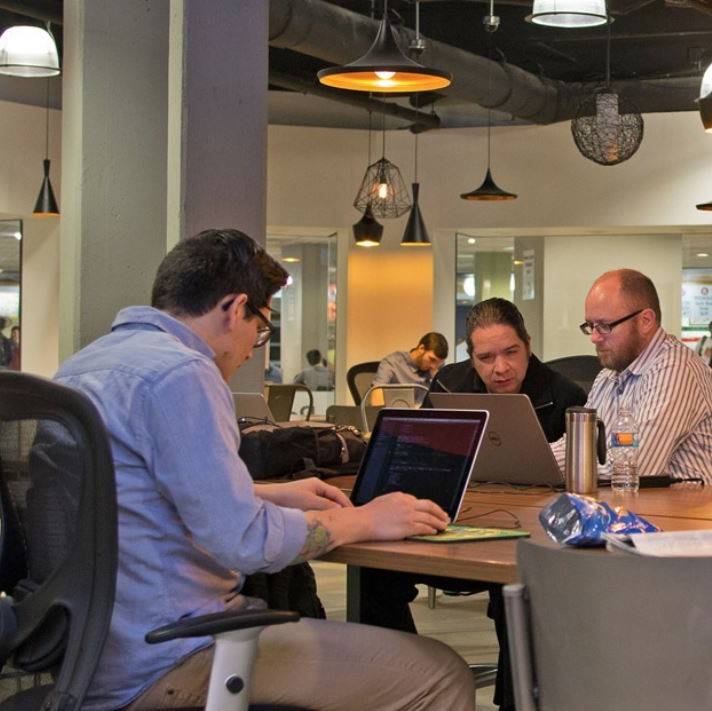









January 17, 2023
A workplace for entrepreneurial mindsets to thrive should be your goal
by John Mullins • Business, Comment